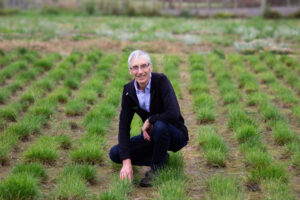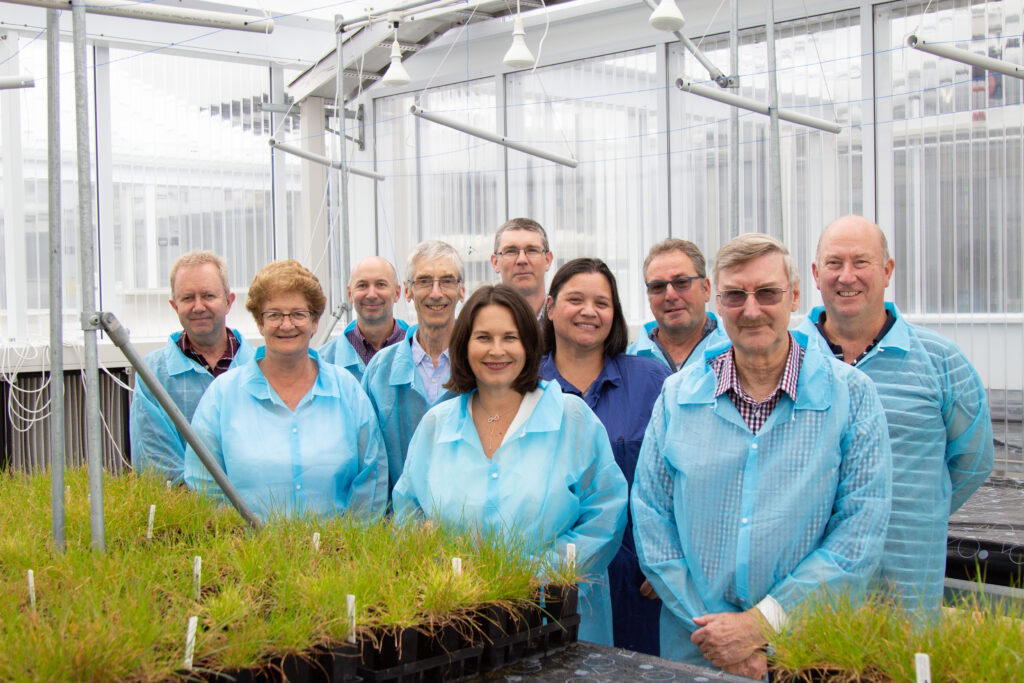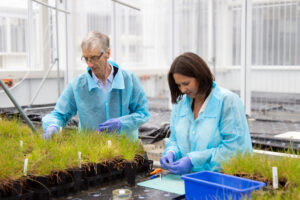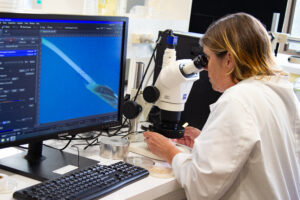2024 WINNER OF TE PUIAKI PŪTAIAO MATUA A TE PIRIMIA THE SCIENCE PRIZE
Dr Linda Johnson and the Endophyte Discovery Team at AgResearch has won Prime Minister’s Science Prize for 2024, awarded in 2025.
The team has been awarded the prize for generating significant economic and environmental benefits by developing a microorganism which enhances the health and productivity of the ryegrass growing on most farms in New Zealand.
Read media release about this prize.
Endophytes are microorganisms that live symbiotically with plants and can provide mutual benefits. This team has worked for decades to develop new endophytes that boost productivity for ryegrass, which is the most common grass on farms in New Zealand. Dr Johnson and her team studied strains of fungal endophytes found naturally around the world. They identified and tested useful characteristics with grass cultivars to develop strains that could be scaled-up for use on farms. One of these endophytes, known as AR37, stimulates the growth of ryegrass, protects it from insect pests and associated diseases, and improves its resistance to drought. Some endophytes produce toxins which affect animal health, but AR37 has low toxicity, with few adverse effects on grazing animals. Adding AR37 addition to grass seed improves environmental sustainability and increases production of milk and meat.
Dr Johnson used a collaborative, multi-disciplinary approach, which resulted in 13 patents, 200 papers in high-impact scientific journals, and twelve major prizes. Her team surmounted an array of challenges, building expertise and skills in mycology, microbiology, molecular biology, plant physiology, agronomy, and CRISPR gene editing. The team worked closely with a range of different farmers to understand their needs, values, and challenges, and this has been reflected in rapid uptake of ryegrass containing AR37. Farmers report that AR37 strengthens the performance and persistence of pastures, increases profitability, and reduces the need for pesticides.
The AR37 endophyte has transformed pastoral farming in NZ and Australia, and trials in Europe, South America, and the United States of America demonstrate the potential to scale up its international impact. Ongoing research includes application of this technology to other grasses and cereal crops. This work could also enhance resilience to climate change and other environmental challenges.







